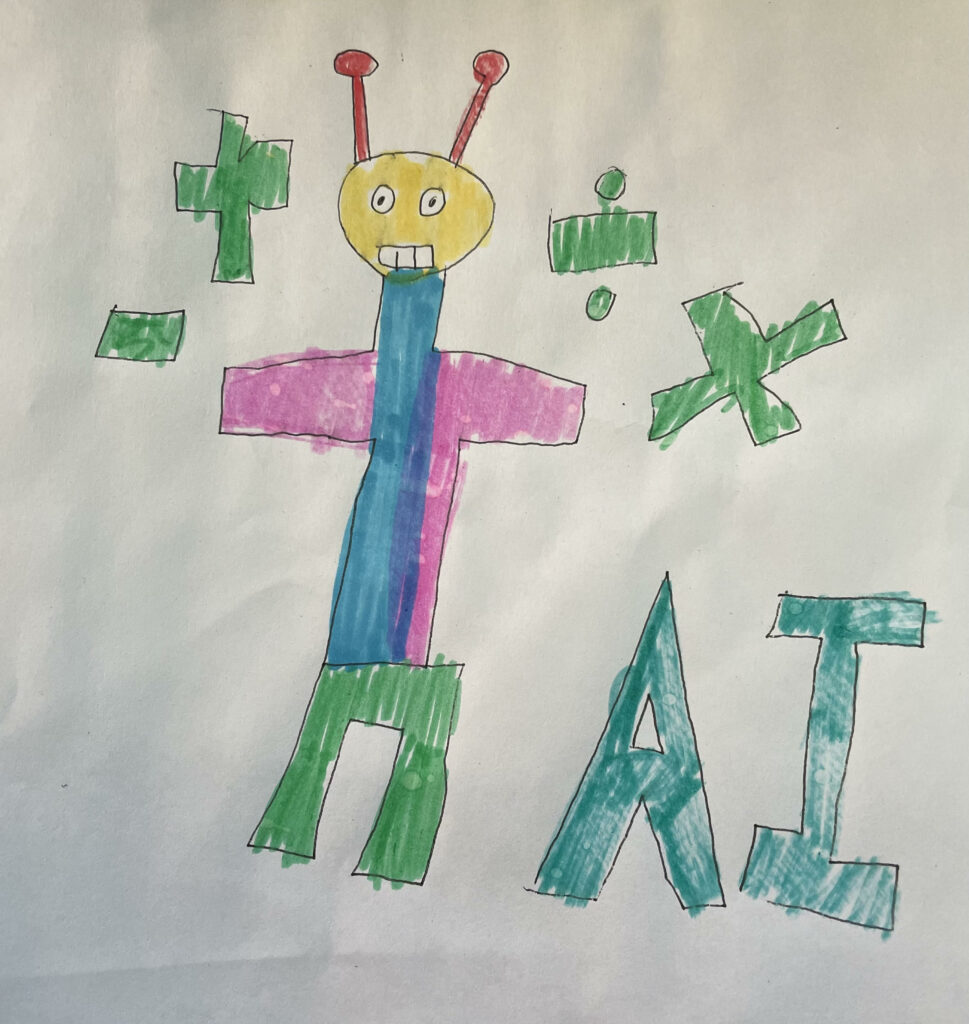
I had the pleasure of hearing it in an-person (wow!) presentation by my super smart friend, Paul Roetzer. Paul is the brains behind the Marketing AI (Artificial Intelligence) Institute.
In his presentation, Paul talked about some amazing things you can do with AI. For example, AI can learn when people are more likely to open an email from you based on your previous habits. AI can almost predict things like shopping trends and interests based on your past behavior.
AI is also the technology behind self-driving cars. A fun fact that Paul shared is that Tesla, a very sophisticated car, is only a 2 in terms of automation on a 1 to 5 scale, with 5 being fully automated. To me that is crazy. A 5 would be like the car knows where you want to go before you get in it.
As I listened to the presentation, I realized that there are so many amazing things that AI will be able to do for kids who are non-verbal. I started doing some research on this and one of the first articles that came up was the controversy over a documentary that used AI to simulate Anthony Bourdain’s voice to create a movie after he had passed away. Unbelievable!
Then I found this awesomeness: A group out of Dublin is using AI to create speech recognition technology designed specifically for children.
From that article I learned that adult voices and dialects are very different from those of children. Often tools like Alexa and Siri don’t recognize children’s voices.
“Rather than tweaking the available voice technology already on the market, SoapBox built its voice engine from scratch — focusing on children aged two to 12. The company says it created a data set to train its AI system, made up of thousands of hours of children’s speech collected in real-world noisy environments — kitchens, classrooms and cars — from kids of all ages, accents and dialects, hailing from a total of 192 countries.”
There is so much yet to come but I am overjoyed to know that Artificial Intelligence technology is becoming more widely available. Of course there are many factors to consider, one of which is cost. But that is why we do what we do here at The Orange Effect Foundation. We believe that every child has the right to communicate and we hope to provide funding to as many children in need as possible.

